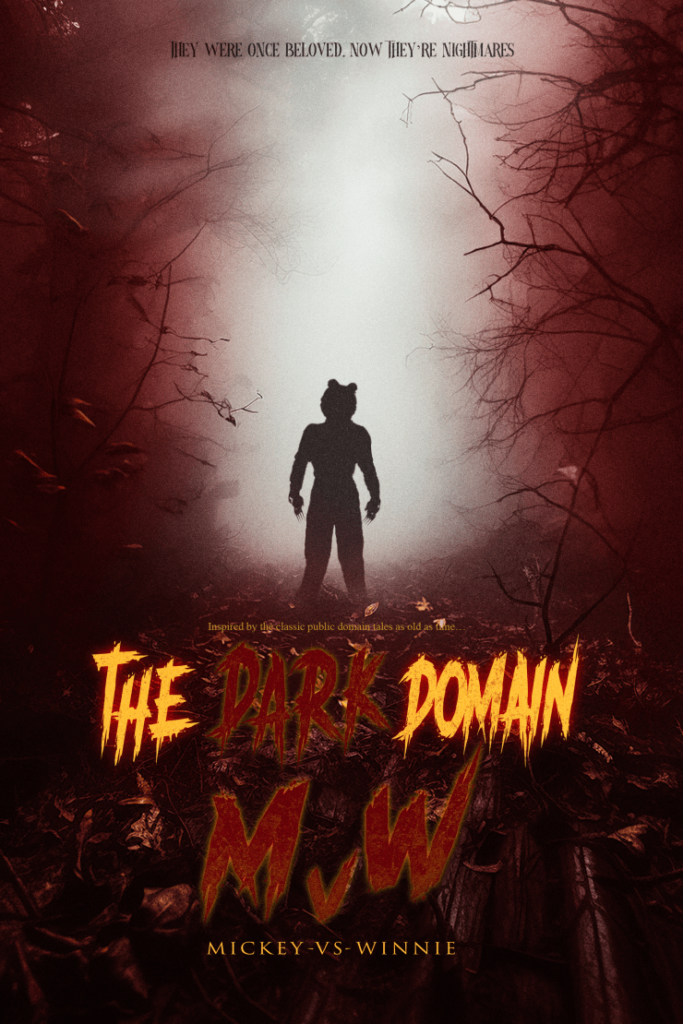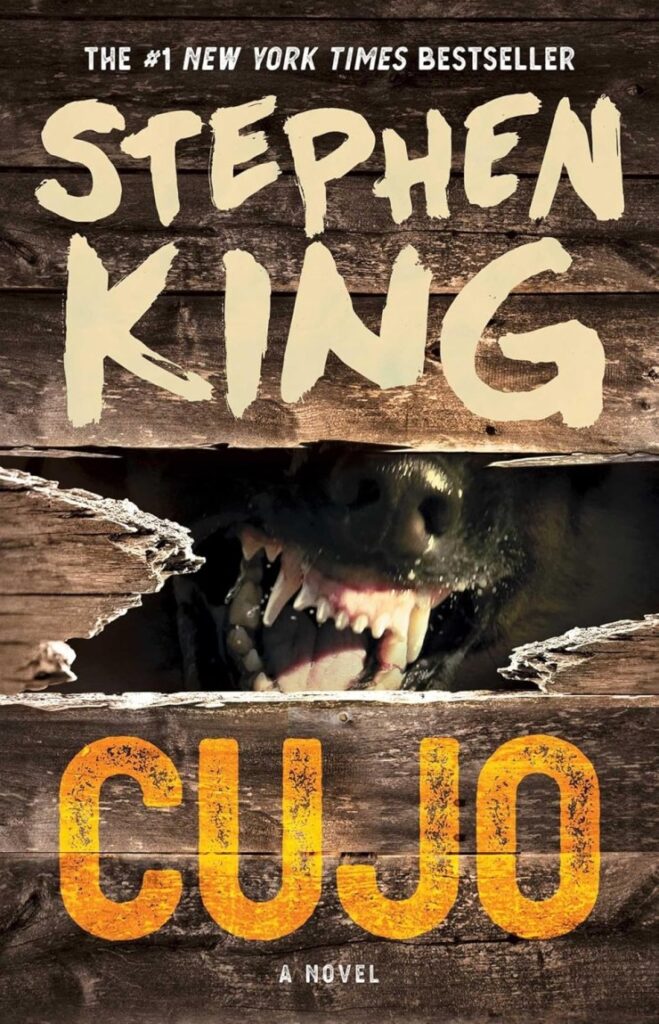2019’s The Long Walk (not to be confused with the brand new Stephen King movie of the same name) doesn’t receive nearly enough praise. Billed as a drama/horror, the Laos-made feature is a startlingly beautiful meditation on death and regret. With a script written by Christopher Larsen, the film sees director Mattie Do heightening the material with stunning camera work and acting performances that squeeze the heart. In her third full-length, Do delivers one of the most evocative ghost stories in cinema history. She gives thoughtful attention to the unimaginable loss of a loved one and the desperation to fix the past – leaving an indelible imprint on the viewer.
Set sometime in the future, when people live with government-issued, electronic implants in their arms, The Long Walk forages through the darkest parts of the human experience. An elderly farmer (Yannawoutthi Chanthalungsy) still struggles to cope with the death of his mother (Chanthamone Inoudome) when he was just a child (Por Silatsa). The tragic moment informed a lifetime of bad decisions that have led to impenetrable loneliness. He continues living in his childhood home, where he’s surrounded by the constant memory of her death, and scrapes together copper wire and other bike parts to make ends meet. His life remains stagnant, forever trapped 50 years ago, and finds him on the precipice of regret and shame.
The only friend he has is the spirit of a young woman who wanders the same strip of dirt road day in and day out. Her ability to time-travel serves him well, as he returns to his youth in an attempt to save his ailing mother. With an abusive father, who later abandons them for the city, the young boy carries the weight of the world on his shoulders. He’s mature beyond his years, helping his mother sell vegetables on the side of the road and tending to her every need. In his spare time, he accompanies the mysterious apparition on her continuous path and eventually meets the older version of himself. The old man initially appears on the fringes of the past, watching his family move about their days of poverty and sacrifice from afar.
But once he sets foot into the past, there’s no turning back.

“People don’t change when they die,” Chanthalungsy says in a voiceover early in the film. Instead, people become ghosts glued to the past, left to regurgitate their sins until the end of time. It’s a self-made form of imprisonment, a purgatory in which the sufferer can only relive their worst decisions. Chanthalungsy’s old man attempts to break the cycle through the 50 years of wisdom he has accumulated along the way, but the guilt he has long buried proves to be the true betrayer. Forces beyond his control (e.g., time and aging) feed his hopelessness. When he replays moments from his childhood, he learns that there’s no stopping destiny from careening towards him. He must simply wait for it to collide with the path pre-ordained in the stars.
The Long Walk tests the patience of the viewer, a slow-burn in every possible way. Mattie Do immerses you in the Laotian culture with startling realism and a fervent commitment from Chanthalungsy and his co-stars. Despite its calculated unraveling, the film more than earns its two-hour runtime. At its core, it’s a character study that showcases the complexity of human flaws, the role of an all-consuming fate, and how our attempts to correct the past are often wholly ineffective.
The loss the old man endured stifled his existence. Across five decades, his obsession with the past contaminated his spirit, leaving him cut off from life and on the fringes of society. He (presumably) never married and never had kids. Instead, it nearly swallowed him whole, and he forgot how to live in the present. That happens sometimes, particularly when someone experiences a traumatic event. When one’s purpose for living becomes about rectifying the past, you relive the moment over and over again – trapped in an inferno of your own devising. The old man’s tireless trek, a valiant one nonetheless, was his way of handling the past, and he lost parts of himself in the process.

With cinematographer Matthew Macar, Mattie Do crafts the camera work with a sensitive touch, elevating many of the film’s most powerful moments, thanks to Chanthalungsy’s and Silatsa’s moving performances. The visual style allows the viewer to understand the characters’ strained emotional state, the family dynamics, and their desperation in the face of such catastrophe. While the futuristic technology is merely a footnote in the story, it demonstrates the universality of human pain and suffering, regardless of status and class.
Mattie Do’s The Long Walk serves as a vital cinematic illustration of a life’s destruction and the maddening descent into an unfilled existence. Time’s cruel hand floats menacingly overhead and leaves the characters devastated and constantly grasping at the sands in the hourglass. While the film stands in stark thematic and narrative contrast to Francis Lawrence’s The Long Walk, there is enough overlap to warrant a fascinating double feature.
Mattie Do’s The Long Walk is currently streaming for free on Tubi.
The post ‘The Long Walk’ – Don’t Miss Mattie Do’s 2019 Film With the Same Title as the Stephen King Movie appeared first on Bloody Disgusting!.


